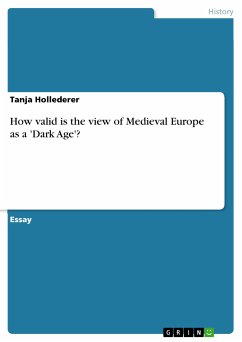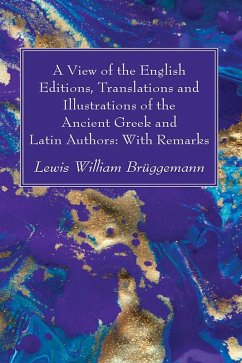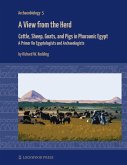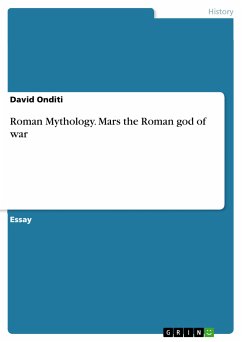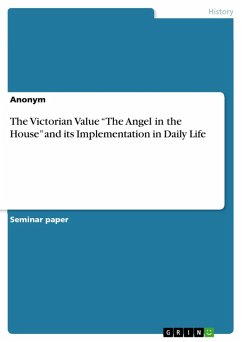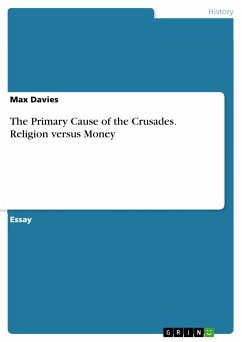Essay from the year 2005 in the subject History of Europe - Middle Ages, Early Modern Age, grade: High Distinction, University of New England (Australia), language: English, abstract: Nowadays, when the people think about the Middle Ages, names like Joan of Arc, Nostradamus, Richard the Lionheart, William the Conqueror, King Arthur, and Robin Hood immediately spring to mind. Chivalry, magic, romance, adventure, superstition, and torture are the first characteristics they come up with and events they associate with it are the Crusades, the Hundred Years War, witchcraft trials, and the spread of the Black Death. As the modern view of the Middle Ages is biased by novels and the latest Hollywood movies, in general, the perception of it as a time of glorious battles and brave knights dominates. The age is glorified in annual festivals like knight games and bard contests, partly because this is more attractive and partly because the inconvenience of everyday life then can hardly be imagined by people enjoying today's living standards. This has not always been the case, yet. The term Middle Ages indicates what Italian humanists of the Renaissance think about that time. They see it as a mere interim between the greatness of the Antiquity and its revival in the Renaissance.1 Furthermore, this episode is often referred to as the Dark Age, an expression introduced by Petrarch in the 1330s and later used to criticise the lack of cultural achievements during that period of time.2 The question, how valid this view is concerning Medieval Europe, forms the centre of the following explanations. To answer it, the paper follows the common distinction between the Early Middle Ages (500-1050), the High Middle Ages (1050 to 1250), and the Late Middle Ages (1250-1500)3. After talking about each phase separately, it brings findings together in a conclusion answering the initial question. Due to the limits of this essay, it will deal with the question from an economic point of view exclusively. 1 See en.wikipedia.org/wiki/Middle_Ages#Periodization_issues. 2 See www.answers.com/topic/dark_ages. 3 See en.wikipedia.org/wiki/Middle_Ages#Periodization_issues.
Dieser Download kann aus rechtlichen Gründen nur mit Rechnungsadresse in A, B, BG, CY, CZ, D, DK, EW, E, FIN, F, GR, HR, H, IRL, I, LT, L, LR, M, NL, PL, P, R, S, SLO, SK ausgeliefert werden.
Hinweis: Dieser Artikel kann nur an eine deutsche Lieferadresse ausgeliefert werden.

